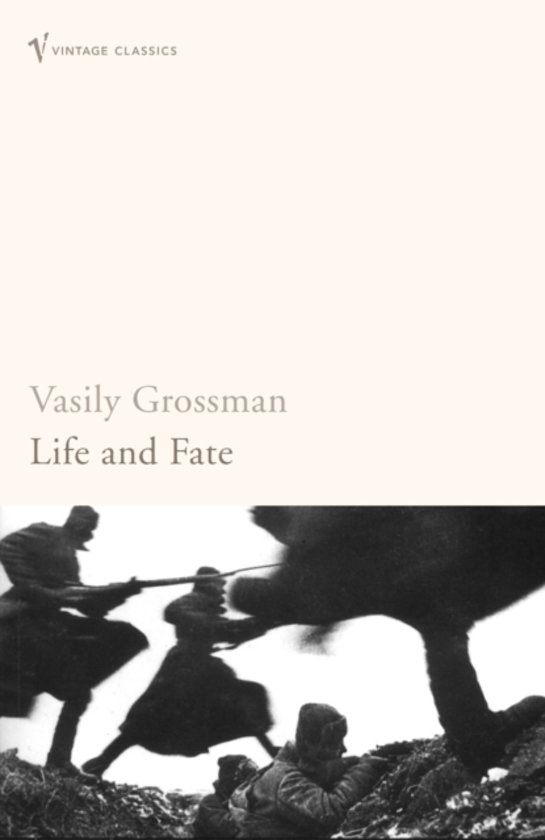

When the political disagreements disappear and the war is over, all that is left is kindness. It is not enough to blame the system in which you live in, choosing to submit is still ultimately a choice, something dealt with by the character of Victor Shtrum (who is incidentally the character that most resembles Grossman in personality and life history).įinally, kindness is arguably the most central concept. Throughout the work, Grossman shows that while "fate" and context definitely affects your choices, you are still ultimately responsible for your actions and must be accountable to them. Thirdly, the issue of fate and personal agency is discussed at length, though indirectly.

Another topic is the similarities of totalitarianism across societies, something directly addressed in an almost darkly comedic passage in which an SS Commandant has a frank conversation with a POW Soviet Commissar. One is the power and brutality of the state (especially the Soviet state) where guilt and innocence matter very little, and your past actions and loyalty to that very state matters even less. The topics he touches on are also very profound. In doing so, Grossman captures the vastness of Russia as a country as well as the vastness of experiences during the Second World War. One moment you are reading the last letter sent by a mother to her son as she is on her way to a concentration camp, in another you are laughing about the sheer incompetence and illogical nature of Soviet bureaucracy, while in another you are in the mind of Stalin himself.

The work does have a tendency to jump between its upward of a hundred characters, but once you get over the initial hump you'll realize what a benefit this is. It might even be better than Tolstoy's War and Peace (which it is so often compared to) seeing as how Grossman's philosophizing never seems shoehorned, his characters are more relatable, and his lessons on totalitarianism and human freedom are more applicable to people today. I personally rate this work over the works of other Soviet dissident authors, it is better than Pasternak's Doctor Zhivago, it is better than Bulgakov's Master and Margarita. I shall try to change that if in a small way. As usual after finishing a classic work, I head to r/books to look for discussion and to my surprise and anger, there is very little here written about it.

I've just finished this masterpiece today and safe to say it is one of the best works of Russian literature, even world literature.


 0 kommentar(er)
0 kommentar(er)
